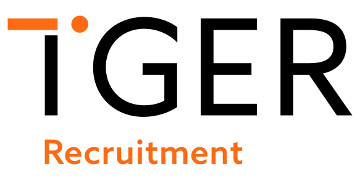Barely an event or networking session goes by in the HR community without some mention of the future of work. From wellness, to diversity and inclusion, and technology and automation, there is much to debate on what the future holds. At Gensler’s Future of Work – Future Shock event speakers were keen to emphasise that organisations and employees should take the future into their own hands, rather than leave it to chance.
Here are some of the key trends speakers advised businesses to prepare for:
From Wi-Fi to Li-Fi
“In the last five years cloud computing has changed everything in terms of the way businesses work,” said Tom Redmayne, director of business development for UK & Ireland at WiredScore. He cited a shift in the use of operating systems, software choices and performance. He suggested 5G will affect how people work, providing faster connectivity and in turn supporting greater employee efficiency and productivity.
Virtual reality (VR) – a concept already deployed in L&D – was also touted as an opportunity to boost flexible working. Attendees were told, during a breakout session, to imagine their avatar being in a virtual boardroom while they were actually sat on a beach with a cocktail.
But perhaps the most unprecedented technology trend to affect the future of work will be the introduction of Li-Fi, a technology that uses light to transmit data wirelessly between devices at speeds – it is claimed – 100 times faster, and more securely, than standard Wi-Fi. Redmayne explained that using Li-Fi for internet connectivity in future offices will support a rise in the use of the Internet of Things (IoT) in the workplace and the development of ‘smart offices’.
Human tribes or robot colleagues?
While the workplace is increasingly driven by the digital age, it is crucial not to forget the physical world and human experience, warned Raphael Gielgen, head of research and trendscouting at Vitra. He referred to humans needing a sense of “tribes”. This is the reason behind a growth in shared buildings or working spaces in recent years, he pointed out.
Questions were raised at the event as to whether such a thing as a workerless office will ever come to fruition, in light of more jobs being automated. "Will Siri be given a performance review?" one attendee mused.
Balancing data and emotions
“We increasingly rely on data to tell us how we feel,” group MD of Adrem Group Del Hossain told the audience. “So how is this reliance on technology affecting our wellbeing?”
The nature of wellbeing is changing, he continued, segmenting wellbeing into two camps: hedonic (short-term goals) and eudemonic (long-term goals).
When asked to rate some futuristic ideas around wellbeing – including pills to increase cleverness or make someone funny, and fitness tracking that keeps tabs on all aspects of health including brain activity – the breakout groups expressed concerns around where the wellbeing space is headed.
Hossain said it is important to link humanity and emotions to technology and data, rather than being ruled purely by one or the other.









